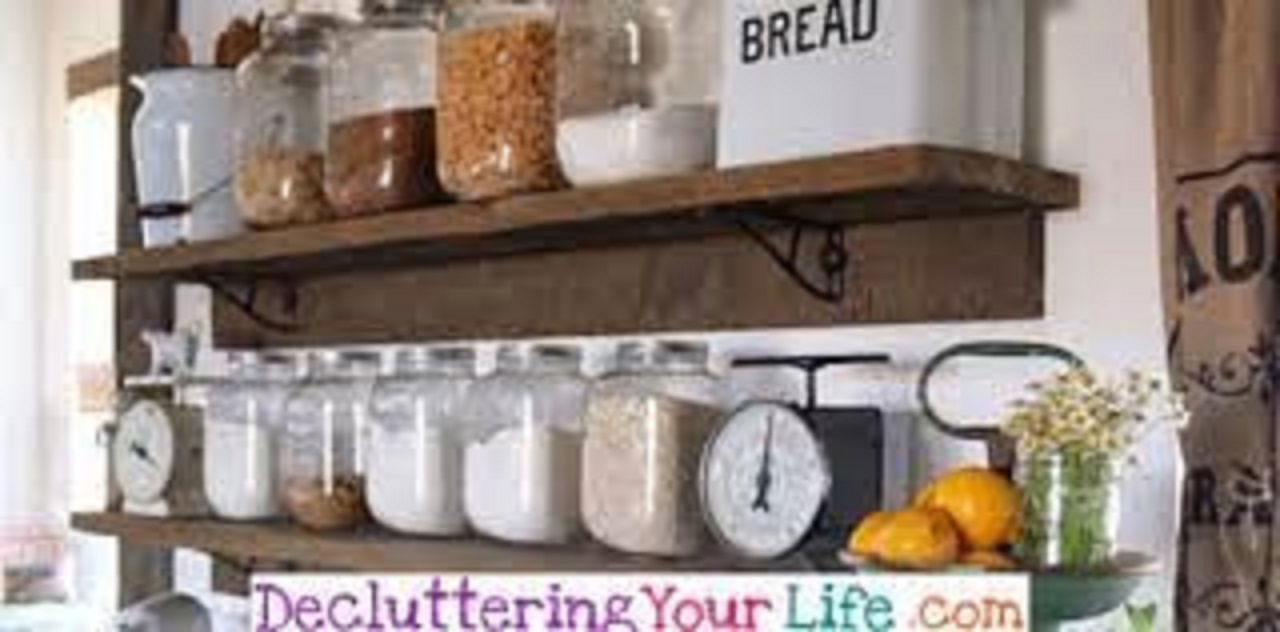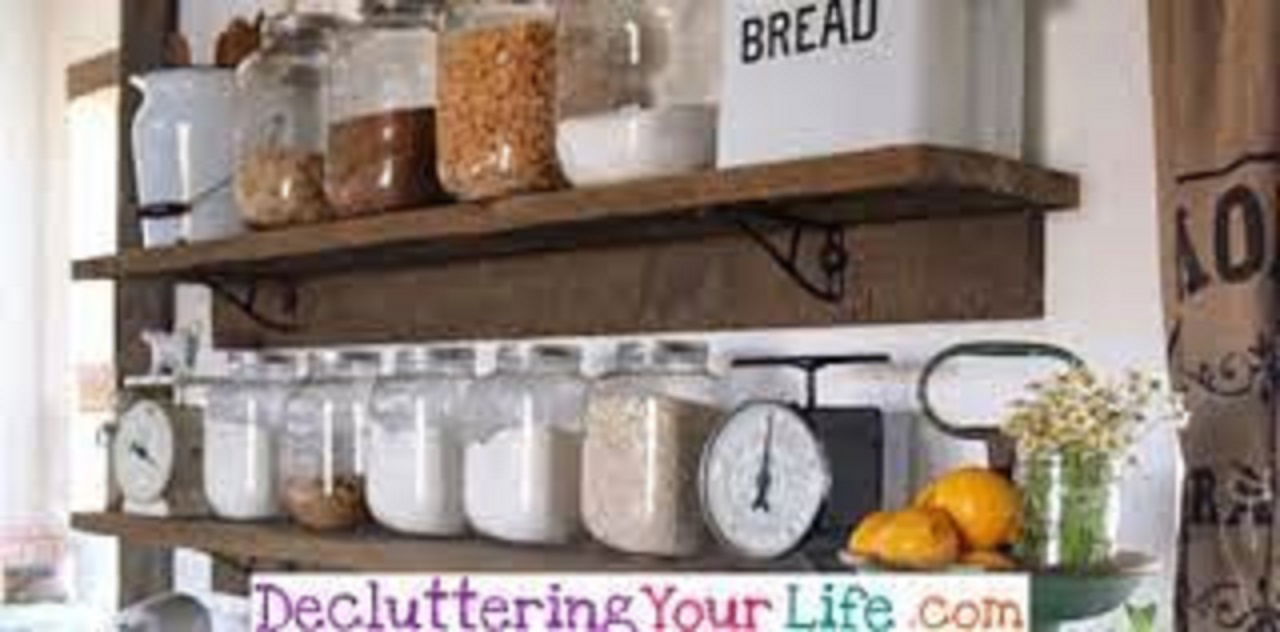Smart Kitchen - When You're Feeling the Pinch in really bad times...


Smart Kitchen - If You're Feeling the Pinch
If the electricity goes out, how do you know what is and isn't safe to eat from the refrigerator?
- If your food has spent more than two hours over 40 degrees Fahrenheit, don't eat it. As long as frozen foods have ice crystals or are cool to the touch, they're still safe. Once it gets to be room temperature, bacteria forms pretty quickly, and you want to be very careful about what you're eating,."
- Keep the doors closed on your refrigerator and freezer to slow down the thawing process.
- If you don't have electricity, you may still be able to cook or heat your food. If you have outdoor access, a charcoal grill or propane stove is a viable option (these can't be used indoors because of improper ventilation). If you're stuck indoors, keep a can of Sterno handy: Essentially heat in a can, it requires no electricity and can warm up small amounts of food in cookware.
- If your family has special needs—for example, you take medication regularly or you have a small child—remember to stock up on those essential items, too. Keep an extra stash of baby formula and jars of baby food or a backup supply of your medications.
Tinned food contain bad Fats, Trans fats
If you live in an area at high risk for flooding, consider buying all your pantry items in cans, as they are less likely to be contaminated by flood waters than jars. "It's recommended that people don't eat home-canned foods or jarred foods that have been exposed to flood waters because those seals are not quite as intact,"
It is especially important to eat nutritious foods that will help you maintain good health. And maybe because you'll have a limited supply in your fridge and cupboards due to this economy crisis.
My door is always open
Email; dwilkinson18@yahoo.co.uk
Stay safe ❤